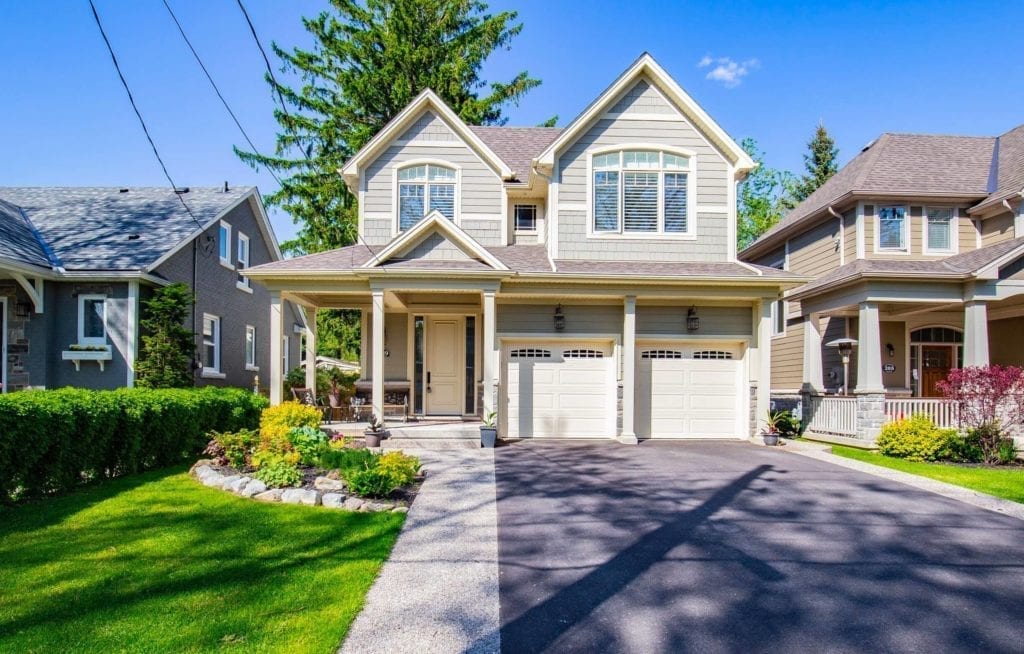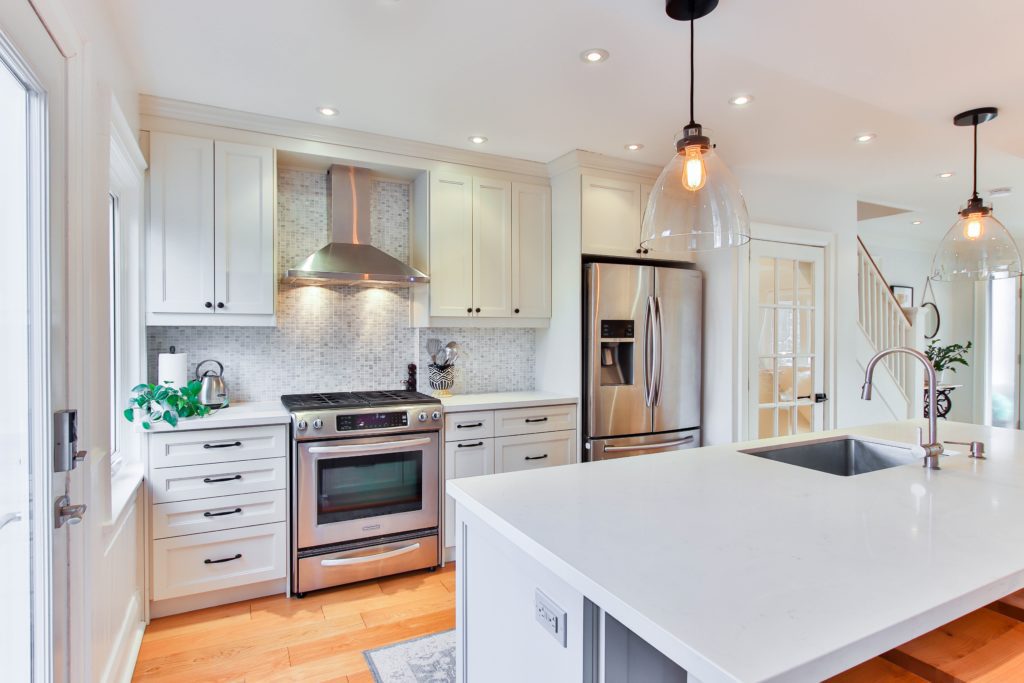If you’ve followed real estate news at all in the last six months, you know the market has undergone a massive change recently. 2022 started out with one of the busiest housing booms in recent history. The average price of a home spiked to record highs, but buyers were not dissuaded. Nearly everything that hit the market got scooped up, often to the tune of multiple-offer scenarios and fierce bidding wars. However, it all came to a fast halt when the Bank of Canada began raising the interest rate. Sales slowed down, and prices began to fall.
At the beginning of the year, high prices put the dream of ownership out of reach for millions of Canadians. Now that prices are coming down, first-time buyers are facing a new challenge… Interest rates.
Higher interest rates increase the cost of borrowing while reducing the amount you can qualify for. As a first-time buyer, it can sometimes feel like you can’t win. However, help is available. Here are some tips to help you get into your first house sooner rather than later.
A Quick Glance at Government Programs
Your first purchase is always the most difficult. And yet, homeownership helps to provide financial stability for the country. That’s why the government has an interest in helping first-time buyers. There are programs available as long as you:
- Are a Canadian citizen
- Are over the age of majority
- Are making a qualified purchase on a primary residence. (Government programs do not apply to investment properties.)
The First-Time Home Buyer Incentive
This Federal program provides up to 5% for your down payment on a resale home. For a newly constructed home, the government will put up as much as 10%. This shared equity loan must be repaid when you sell the property or within 25 years. Find out more about the First-Time Home Buyer’s Incentive here.
Home Buyer’s Plan
You can pull a maximum of $35,000 from any registered investment plan to put towards your down payment. You don’t have to pay tax on this amount as long as you repay it within 15 years. Find out more about the Home Buyer’s Plan here. Bonus: If there are two first time buyers on title, both buyers can use the HBP, allowing for a total of $70,000.
Land Transfer Rebate
The Land Transfer Rebate is a massive financial boost for first-time home buyers and can save you up to $4,000 on your closing costs. Find out more here.
First-Time Home Buyer Tax Credit
Currently, you can claim up to $5,000 on your tax return when you buy your first house, which will result in a savings of $750. The budget for 2022 proposes to double this amount to $10,000. If this passes, the tax credit will save you $1,500. Find out more about the First-Time Home Buyer Tax Credit here.
There is no shortage of things you have to know about when buying a house. Here are some other articles that can help you:
- Interest Rates are on the Rise: Should You Get a Fixed Rate or Variable?
- Conditions & Clauses on a Real Estate Purchase
- 7 Amazing Benefits of Working with a Real Estate Agent
Get Pre-Approved
Now that you know what programs you might qualify for, it’s time to get the ball rolling. If you want a quick idea of how much you might be able to borrow, you can get a pre-qualification. It’s easy, takes only a few minutes and you can get your results back right away. However, these results are a very rough estimate and not entirely accurate.
Serious home buyers should always start with a pre-approval. This process is much more in-depth. You’ll need to fill out a mortgage application and enter your income, debts, assets, and other personal information. Once completed, you’ll know how much you can borrow and can begin your home search!
Want to know more about the differences between a pre-qualification and a pre-approval? Read our complete breakdown right here.
Save as Much as Possible for your Down Payment
The down payment is often the biggest obstacle between you and a new house. The good news is you may be further ahead than you realize. You’ve likely heard that you need 20% before you can even think about buying your first home. However, in Ontario, this is only true for homes over $1,000,000.
For anything less, you’ll need 5% on the first $500,000 and 10% on the remaining amount.
Here’s how that breaks down on a $700,000 purchase:
If you wanted to put down 20%, you would need $140,000. If you can make it happen, you have the added benefit of not having to sign up for mortgage insurance.
However, you don’t need that much to make your purchase.
- 5% of $500,000 equals $25,000
- 10% of the remaining $200,000 equals $20,000.
- In total, you would need $45,000 as your down payment
These funds should be readily available. If the seller accepts your offer, you’ll have to put down around 5% immediately as your deposit. The rest of your down payment is paid once the house closes.
Have you decided where you want to buy your first house? Here are some ideas to consider:
- The Hidden Gems of Burlington You Need to Know About
- Hamilton Vs Toronto: Which City Should You Choose?
- What to Expect When Buying a Home in Waterdown
Be Prepared For Your Closing Costs
Your closing costs include lawyer fees, land transfer taxes, utility hookups, and appraisal fees. You can expect your closing costs to amount to 3 to 5 percent of the total sale price. You’ll have to pay some of these costs upfront, and you can roll the rest into your mortgage payments.
Work With A Real Estate Agent
Buying your first home can seem overwhelming in any market. This year has been particularly challenging, and many people have been caught off guard by the rapidly changing conditions.
However, at the moment, things are looking up for buyers as prices are down and there is less competition. A real estate agent can help you through the entire process, from finding the right home in the right area to helping you negotiate the best possible price and terms.
Buying your first home is an exciting milestone, and our local experts are standing by to guide you all the way. Call 905-332-9223 or email today, and we will be happy to answer any questions – with no obligations.




